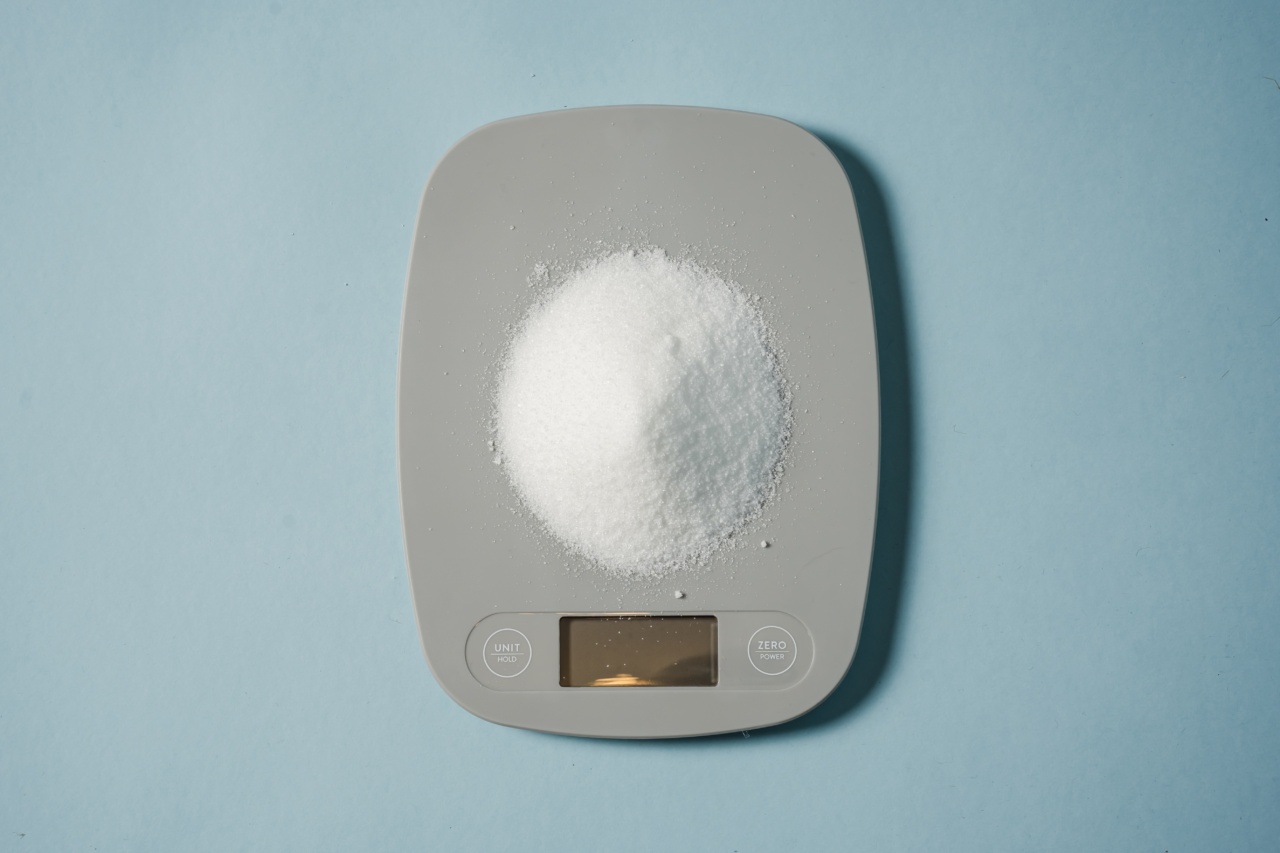Trying to lose weight and not seeing any progress can be incredibly frustrating. You may be eating well, exercising regularly, and sticking to your calorie goals, but the numbers on the scale just aren’t moving.
If this sounds like you, it may be time to take a closer look at what you’re eating. The right foods can make all the difference when it comes to shedding pounds, even if you’re already doing everything else right. Here’s what to eat to break through that weight loss plateau and get the results you want.
Load Up on Lean Protein
If you’re not seeing the results you want, it could be because you’re not getting enough protein.
Eating enough protein is crucial for weight loss, as it helps you feel full and satisfied for longer, keeping hunger at bay and preventing overeating. Make sure to include plenty of lean protein sources in your diet, like chicken, fish, eggs, and tofu. These foods are not only high in protein but also low in calories and fat, making them an ideal choice for weight loss.
Eat More Fiber
Fiber is another essential nutrient that can help you lose weight. Eating high-fiber foods like fruits, vegetables, whole grains, and beans can help you feel full and satisfied for longer, reducing the urge to snack and overeat.
In addition, fiber can help regulate digestion and keep you feeling energized throughout the day. Aim to include at least 25-30 grams of fiber in your diet each day to maximize your weight loss efforts.
Avoid Processed Foods
If you’re trying to lose weight, processed foods are your enemy. These foods are often high in calories, sugar, and unhealthy fats, making them a poor choice for weight loss.
Instead, focus on whole, nutrient-dense foods that are free from additives, preservatives, and other artificial ingredients. By eating clean, whole foods, you’ll not only promote weight loss but also improve your overall health and wellbeing.
Cut Back on Carbs
Carbohydrates are an important part of a healthy diet, but they can also be a significant contributor to weight gain.
If you’re not seeing the results you want, it may be time to cut back on carbs, especially refined carbs like white bread, pasta, and rice. Instead, focus on healthier carb sources like fruits, vegetables, and whole grains, and make sure to eat them in moderation.
By reducing your carb intake, you’ll not only support weight loss but also improve your blood sugar levels and reduce your risk of chronic disease.
Drink More Water
Drinking more water is a simple but effective way to promote weight loss. Not only does water help keep you hydrated and energized, but it can also help you feel full and satisfied, reducing the temptation to snack and overeat.
Try to drink at least 8-10 glasses of water per day, and consider replacing sugary drinks like cola and fruit juice with water or other low-calorie options.
Emphasize Healthy Fats
Contrary to popular belief, not all fats are bad for you. Some types of fat, like those found in nuts, seeds, avocado, and fatty fish, can actually be beneficial for weight loss and overall health.
These foods are high in healthy fats, which can help you feel full and satisfied and regulate your appetite. Incorporate more healthy fats into your diet by adding avocado to your morning toast, snacking on almonds and walnuts, and incorporating salmon or other fatty fish into your meal plan a few times per week.
Be Mindful of Portion Sizes
Eating the right foods is essential for weight loss, but, of course, it’s not the only factor. Portion sizes also matter. Even if you’re eating all the right foods, eating too much of them can still lead to weight gain.
Try to pay close attention to your portion sizes and avoid overeating, even if you’re eating healthy foods. Use smaller plates, measure your food, and take the time to eat slowly and mindfully, savoring each bite and enjoying the experience of eating.
Get Enough Sleep
Last but not least, getting enough sleep is crucial for weight loss. Studies show that lack of sleep can disrupt hormones that regulate appetite and metabolism, leading to weight gain and other health issues.
Aim to get at least 7-8 hours of sleep per night and try to stick to a consistent sleep schedule, even on weekends. By prioritizing sleep, you’ll not only support weight loss but also improve your overall health and wellbeing.
Conclusion
Trying to lose weight can be tough, but the right foods can make all the difference. By focusing on lean protein, fiber, whole foods, healthy fats, and smaller portion sizes, you can break through that weight loss plateau and see the results you want.
Don’t forget to drink plenty of water, get enough sleep, and be patient with yourself. Weight loss is a journey, but with the right tools and mindset, you can achieve your goals.



























